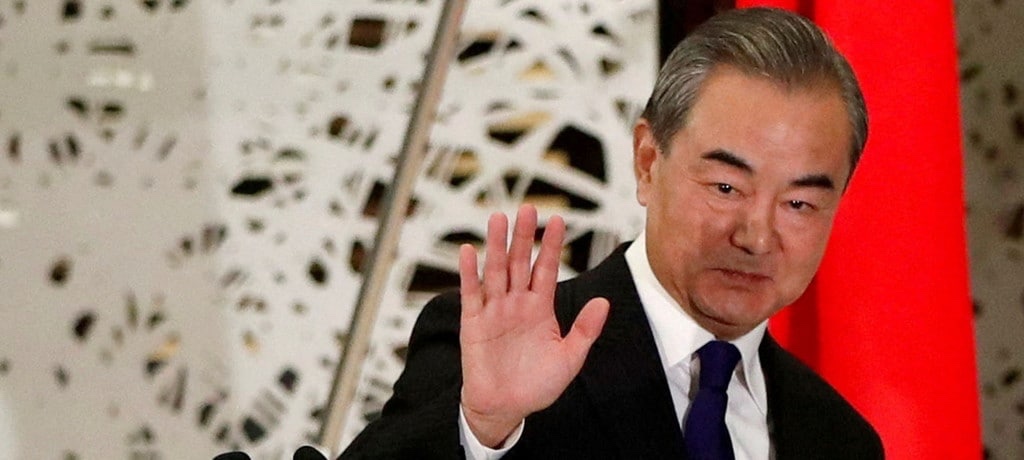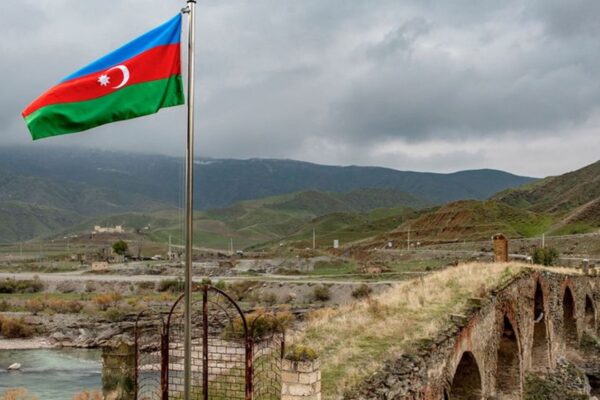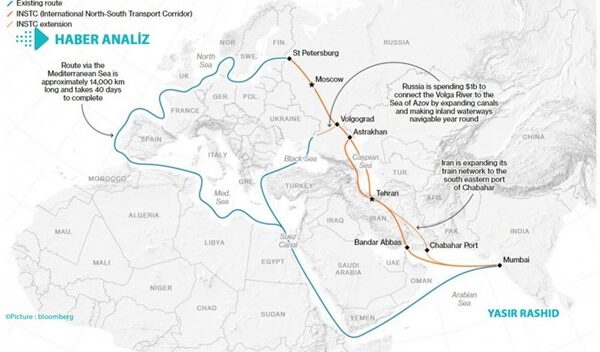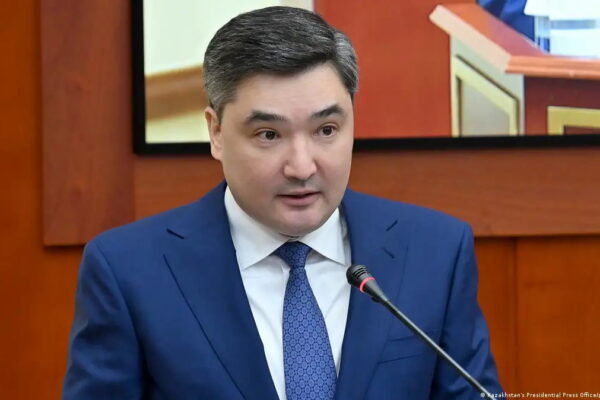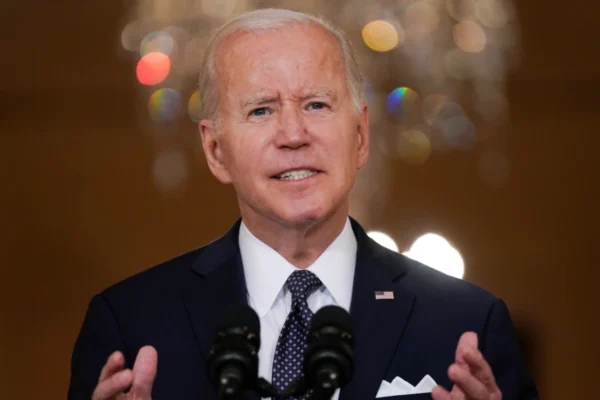“The sovereignty, independence and territorial integrity of each country must be protected and respected. This is one of the basic norms of international relations. Ukraine is no exception, he stressed.
One should not have expected the Chinese leadership to take a clear stance after Russia’s recent actions. However, there were clear calls to give priority to diplomacy and avoid military escalation.
Wang Wenbin, a spokesman for China’s state and party leadership, said: “China will continue to maintain contact with all parties in order to work towards a solution. The situation in Ukraine has worsened. China once again calls on all parties to show restraint, respect the principle of security, defuse the situation and resolve conflicts through de-escalation and negotiations.”
Russia’s actions have put the Chinese state and party leadership in a difficult position.
Ukraine is an important partner in China’s “One Belt, One Road” infrastructure project, called the New Silk Road.
Chinese state companies have invested in Ukraine, including in the agricultural and energy sectors.
China is Ukraine’s most important trading partner. Among other things, Ukraine exports a lot of agricultural products to China, such as grain and corn.
Last year, the volume of bilateral trade between China and Ukraine reached a record $15.76 billion between January and October, which is one third more than for the same period in 2020. Such data was provided by Chinese Ambassador to Ukraine Fan Xianzhong. The Chinese ambassador also reminded that last year an agreement between the governments of the People’s Republic of China and Ukraine on deepening cooperation in the field of infrastructure was signed.
At the same time, the EU imports Chinese products worth $300bn annually, which means that a significant part of the commodity flow may be directed through Ukraine.
A military conflict could disrupt supply chains and lead to higher prices.
Moreover, sanctions imposed by US and EU against Russia will also have a negative impact on China.
Rising commodity prices could slow the Chinese economy, which is already growing less strongly than expected due to the coronavirus pandemic. Russia is one of the largest oil and gas exporters in the world. China is heavily dependent on imports of raw materials.
However, China faces a dilemma: if the government in Beijing fully sides with Russia and openly supports the war in Ukraine, the state and party leadership risks further deteriorating relations with the European Union and the United States.
China’s trade with America and the EU is several times greater than its trade with Russia. In spite of all the disputes.
China has been trying for years to become less dependent on foreign technology. However, the People’s Republic is still heavily dependent on high-tech imports, especially from the US, in areas such as smartphones, pharmaceuticals, semiconductors and aviation.
Observers therefore expect that China will not explicitly favour military action in Ukraine.
Moreover, it is equally unlikely that Beijing’s state and party leadership will officially condemn Russia’s behaviour.
Semyon Melnichenko
MK

